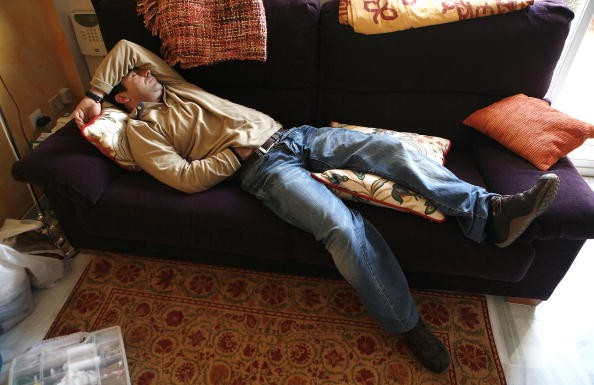
Sleep apnea is certainly something you should not take for granted. Based on a new study, this serious sleeping disorder can also lead to early memory loss or decline, especially among older people.
According to a brand-new research by Center for Brain Health of School of Medicine-New York University, led by Ricardo Osorio, those who develop sleep apnea may experience cognitive decline as early as 70 years old, at least 20 years earlier than those who doesn't have the disorder.
To come up with this analysis, Osorio and his colleagues looked into the medical records of more than 2,000 men and women between the ages of 55 and 90. These subjects were also part of a large study for Alzheimer's disease and had been evaluated every 6 months. They answered a self-questionnaire relating to sleep apnea, especially obstructive, and whether they are using a CPAP machine. This device usually includes a transparent mask that is worn while asleep. The machine delivers air pressure that helps clear the air's passageway.
While the decline is significantly early for those with apnea, it becomes more prominent when the disorder is left untreated. Those who used a machine, on the other hand, experienced decline about the same time as those with no apnea.
The study is unclear, however, whether Alzheimer's disease leads to sleep apnea. The lead author also wants to make it clear that the sleeping disorder is not a determined cause of dementia.
Sleep apnea is characterized by pauses or intermittent breathing while sleeping. This is a huge problem since the pauses can be pretty long, in which case the brain may be deprived of oxygen, leading to the person's death.
There are many potential causes of sleep apnea including extra cartilage or tissue that is blocking the air's passageway as well as obesity. Either way, a person with the disease develops excessive and loud snoring, choking, and sometimes insomnia.



